SELF HARM / SUICIDE
WHAT IS IT?
Self-harm is when you hurt yourself as a way of dealing with very difficult feelings, painful memories or overwhelming situations and experiences. After self-harming you may feel a short-term sense of release, but the cause of your distress is unlikely to have gone away. Self-harm can also bring up very difficult emotions and could make you feel worse.
Suicide is a decision that someone makes to end their life when they feel overwhelmed by their circumstances. They may feel that what they are facing is too much to cope with and that they have no other option. With the right help at the right time, people can overcome their difficulties. Suicide is final and there is no going back.
GETTING SUPPORT:
If you're feeling like you want to die, it's important to tell someone. Help and support are available right now if you need them. You do not have to struggle with difficult feelings alone.
Because cutting and other means of self-harm tend to be taboo subjects, the people around you—and possibly even you—may harbour serious misconceptions about your motivations and state of mind. Don’t let these myths get in the way of getting help, or helping someone you care about.
CRISIS SUPPORT:
If someone is actively self-harming, planning suicide or on the verge of actioning their suicdide plan, they are in 'crisis'.
If you or someone else is at risk to themselves or others then:
-
Call 999 / go to A&E
-
Call Samaritans on 116 123
-
Text 'SHOUT' or 'YM' to 85258
MYTHS AND FACTS:
MYTH: People whom self-harm are trying to get attention.
FACT: The truth is that people who self-harm generally do so in secret. They aren’t trying to manipulate others or draw attention to themselves. In fact, shame and fear can make it very difficult to come forward and ask for help.
MYTH: If the wounds aren’t bad then it’s not that serious and there’s nothing to worry about.
FACT: The severity of a person’s wounds has very little to do with how much he or she may be suffering. Don’t assume that because the wounds or injuries are minor, there’s nothing to worry about.
MYTH: People who self-injure are crazy and/or dangerous.
FACT: Self-harmers usually don't want to die. When they self-harm, they are not trying to kill themselves; they are trying to cope with their pain. To them, self-harm may be a way of helping them continue living. In the long-term, people who self-harm have a much higher risk of suicide, which is why it’s so important to get help.
5 DISTRACTION TECHNIQUES:
-
Try putting the items you would self-harm with in a difficult to access place or in a box with sellotape around it. It gives you time to think about self-harming.
-
Scream or sing loudly to music, dance, throw a ball, scribble an entire page black, kick a ball at a wall, punch a punchbag/pillow etc.
-
TIPP: Temperature: Changing your body temp will help you cool down - physically and emotionally. Intense Exercise: Increasing oxygen flow helps decrease stress levels. Paced Breathing: Steady breathing reduces your body’s fight or flight response e.g. box breathing. Paired Muscle Relaxation: Let the muscles relax, and you’ll begin to relax, as well.
-
When you feel the urge to self-harm, try putting it off for 5 minutes, then increase it to a 6 minute delay the next time, then 7 minutes etc.
-
Squeeze ice for a short time, squeeze a safe object e.g. a ball or stone or put rubber bands over the wrists and ‘snap’ them.
WHAT CAN HELP?
'Self-help' tips don't solve the issue. However, they can help you/others feel more in control when experiencing strong emotions.
If you find that 'self-help' isn't enough, consider reaching out to a counsellor or your GP for help managing overwhelming emotions.
01
Focus on one day at a time. Often, when someone is feeling suicide it is because they feel overwhelmed. Therefore, helping them to focus on getting through the next hour, day, night or week is a more manageable way of living. Try not to focus on long-term plans or upcoming changes.
02
Get yourself somewhere safe. This could be with friends, family, even A&E or your room/ a safe location. Try to avoid remote and dangerous places. It is recommended that you try and talk to a trusted person about how you are feeling so they can help you keep safe and calm.
03
Practice self love e.g.
-
Write a list of your achievements.
-
Write a letter to yourself saying "I love me because…"
-
Write a letter to someone you’re angry or hurt with, saying how you feel (no need to send it)
04
Reward yourself for not self-harming. This is 'positive reinforcement! By rewarding your actions you are starting to 're-condition' your brain and associate a positive response with positive action.
05
Try to do something you usually enjoy that will release the body's natural 'happy chemicals' and provide a distraction e.g. walking, crafts, gym, reading, or spending time with others.
06
Try to learn your triggers. By understanding what makes you self-harm, you can begin to notice signs of distress and either distract yourself or seek help. This can be done by reading reliable books/articles or speaking to a counsellor/therapist who can help you identify triggers.
07
3rd person yourself. Ask yourself 'What are you feeling?', 'Why you are feeling this way?', 'What may be the root cause/trigger?' or even try to make positive self-care suggestions as if you were another person.
08
Talk to someone about your feelings. This could be in person/ online with a trusted friend or family member or anonymously on verified services like Kooth or SHOUT. If you feel you need some help processing your thoughts, then reach out to a counsellor or therapist.
09
Stay away from drugs and alcohol. Often drugs and alcohol are used as a means of escapism. Whilst this may seem like a good short-term fix to someone, the long-term effects can result in more harm and low feelings (as well as an immediate threat).
10
Try to eat healthily and drink lots of water. Often when feeling low people stop feeling hungry or stop eating. It is important to remember to eat and drink something (even something small to start) at least 3 times a day - setting a routine will also be helpful for helping feel more in control.
Likewise, it is important to try not to over-eat or 'comfort eat'. It is important to try and eat healthy foods that are high in nutrition as this can help elevate mood, give you energy, help with sleep and help you think clearly.
Both undereating and overeating can have long-lasting negative effects and can lead to self-esteem issues when in a negative mindset.
EXTERNAL INFORMATION, SUPPORT AND ADVICE






















































 | 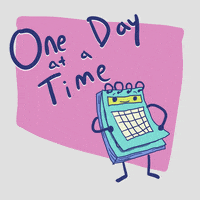 |  |
|---|---|---|
 |  |  |
 |  |  |
 |  |  |
 | 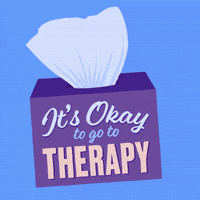 |  |
 |  |  |
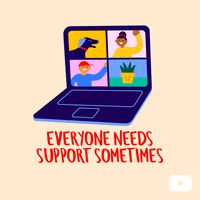 |  |  |
 |  |  |
 |  |  |
 |  |  |
 |  |  |
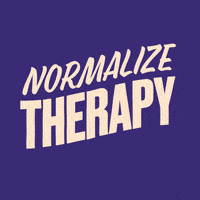 |  |  |
 | 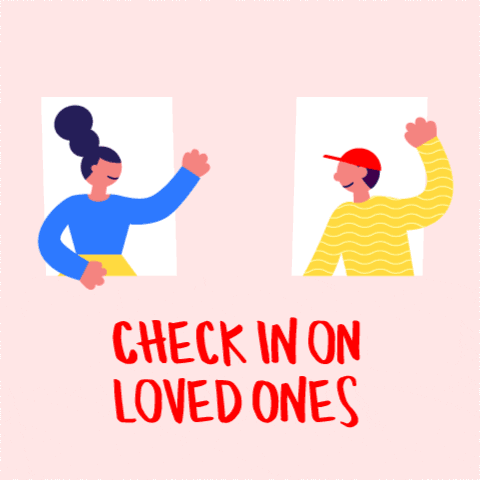 | 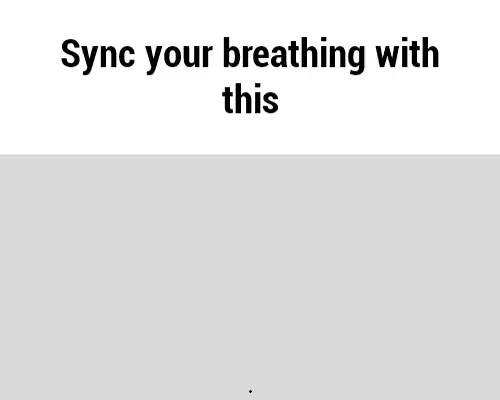 |
 |  | 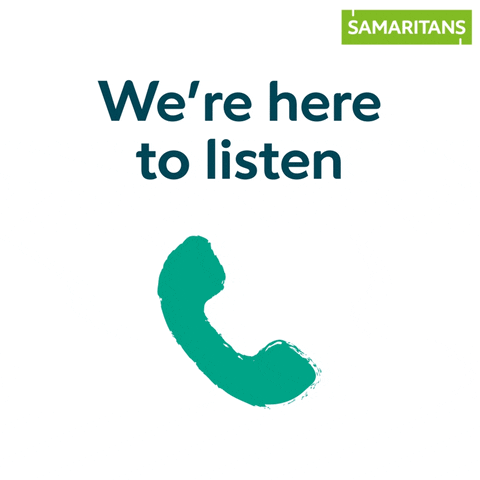 |
 |  |  |
 |  |  |
 | 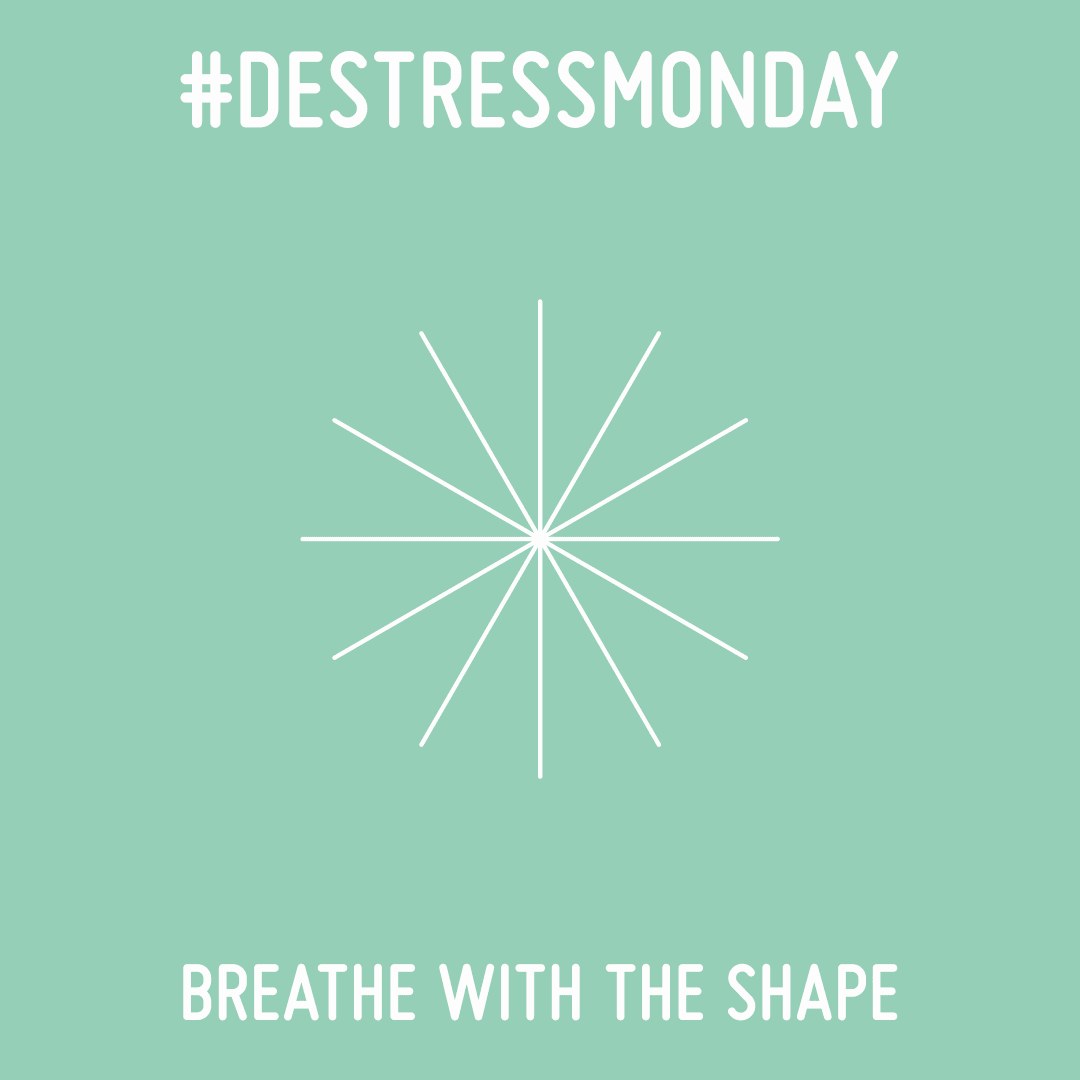 |  |

